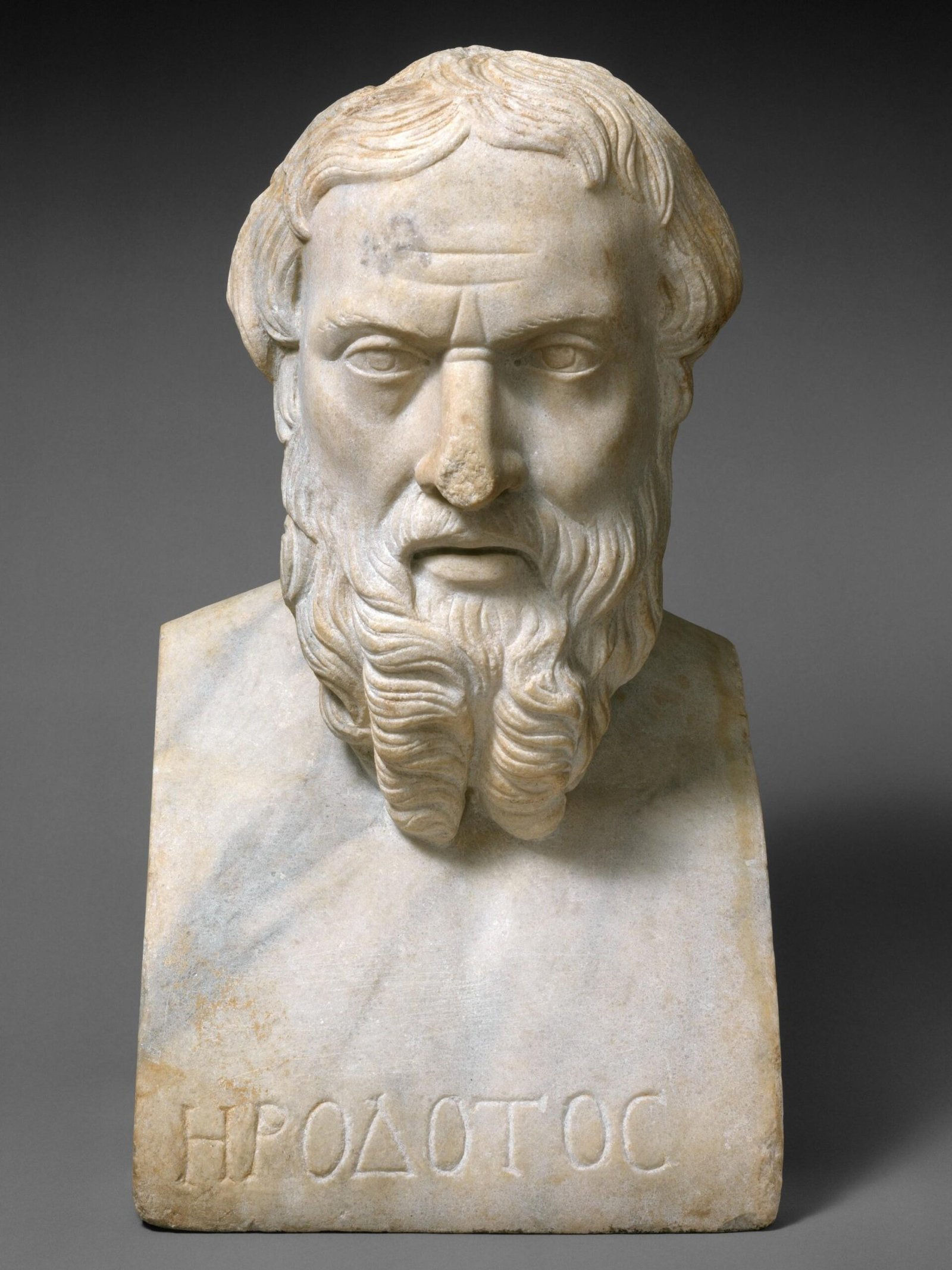The Earliest Record of Astronomy: What is the Oldest Book in Astronomy?
Have you ever been curious about the origins of astronomy and the earliest written accounts of celestial observations? If so, get ready for an intriguing journey. In this article, we will explore the question “What is the oldest book in astronomy?” and delve into the rich history of the Arabic language and its contributions to the field of astronomy.
The Origins of Astronomy in Arabic Culture
The Arabic language has played a crucial role in the development of astronomy. Early Arabic astronomers made significant contributions to the field by translating and preserving ancient Greek texts on astronomy and making their own observations and discoveries.
The Golden Age of Arabic Astronomy: During the Islamic Golden Age (8th to 14th centuries), Arabic astronomers made groundbreaking advancements in astronomy. They built upon the knowledge of ancient civilizations like the Greeks and Babylonians, contributing new ideas and observations that shaped the course of astronomy for centuries to come.
The Oldest Book in Astronomy: Almagest
One of the most famous and influential books in the history of astronomy is Almagest. Written by the Greek astronomer Claudius Ptolemy in the 2nd century AD, Almagest was later translated into Arabic and became a cornerstone of Arabic astronomical scholarship.
Key Points about Almagest:
- Author: Claudius Ptolemy
- Language: Originally written in Greek, later translated into Arabic
- Content: Almagest covers a wide range of topics in astronomy, including theories on the motion of the planets, the size and distance of celestial bodies, and the concept of epicycles.
- Influence: Almagest had a profound impact on Arabic and European astronomy, serving as a fundamental text for scholars for centuries.
Arabic Contributions to Astronomy
Arabic Numerals: One of the most enduring contributions of Arabic culture to astronomy is the development of Arabic numerals. These symbols, including the numeral “0,” revolutionized mathematics and made complex calculations in astronomy much easier.
Star Names: Arabic astronomers were the first to catalog and name many of the stars in the night sky. Their detailed observations and star charts have been invaluable to astronomers throughout history.
Astrolabes: The astrolabe, an ancient astronomical instrument used for measuring the positions of celestial objects, was refined and improved by Arabic astronomers. This tool revolutionized navigation and astronomical observation.
Benefits of Studying Arabic Astronomy
Cultural Understanding: Studying Arabic astronomy can provide valuable insights into the history and culture of the Islamic world, fostering cross-cultural understanding and appreciation.
Scientific Knowledge: Arabic astronomers made significant contributions to the field of astronomy, laying the groundwork for modern astronomical research and exploration.
Practical Tips: For those interested in delving deeper into Arabic astronomy, learning the Arabic language can provide access to a wealth of ancient texts and scholarly resources.
Conclusion
The question “What is the oldest book in astronomy?” leads us on a captivating journey through the history of Arabic astronomy and its enduring influence on the field. From the ancient wisdom of Almagest to the innovative contributions of Arabic astronomers, the Arabic language holds a treasure trove of knowledge waiting to be explored. Whether you’re a student of astronomy or simply curious about the wonders of the cosmos, Arabic astronomy offers a unique perspective that is both enriching and enlightening. So, grab a telescope, brush up on your Arabic, and embark on a celestial adventure that will expand your horizons in more ways than one.





